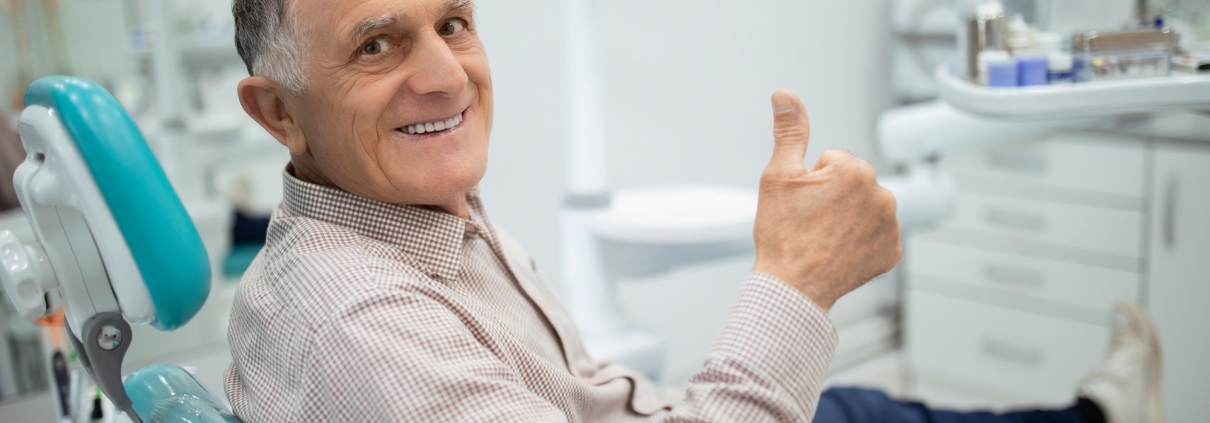If you are just getting older and looking for more wrinkles under your eyes or white hair in the mirror, know that these are just some of the changes that have taken place in your body. As we age, our mouths and teeth wear out.
Over the years, normal life processes such as chewing or cleaning teeth cause the teeth to wear out over time. This erosion is sometimes in the form of wear on the surface of the teeth, which leads to a shortening of their length, and sometimes you see that your teeth look darker than before. This is because the enamel on the surface of the tooth, which is a solid, white layer, gradually becomes thinner, and the underlying layer, which is the dentin, turns yellow. Many older people also have more plaque on their teeth. Of course, this is not because teeth are aging, but because older people have disabilities that make brushing or flossing difficult or even impossible.
The gums also decay with age and the roots of the teeth will gradually appear. This can cause tooth sensitivity as well as tooth decay.
Dry mouth is also a common change in old age. This dry mouth is often due to medication. Under these conditions, due to reduced saliva, the teeth do not clean naturally and food particles and bacteria remain on them for a long time and the teeth become prone to further decay. Some changes in the sense of taste are also seen in the elderly, which can also be the result of taking some medications. This change in the sense of taste causes people not to taste food in their mouths, and for this reason, they refuse to eat foods, and as a result, they become physically weak.
You may think that because you are old, you will lose your teeth, but know that this is not the case! Like caring for other parts of the body, caring for teeth can be the reason they last a long time or for the rest of a person’s life. In many cases, neglecting dental care is the cause of tooth loss, not aging! With regular dental visits, you may find that your bleeding gums or gum pain are due to treatable gum disease. So do not blame all the problems on aging. You can also get effective help with nutrition, bad habits and precancerous tests with the necessary guidance from your dentist. Even if you do not have a tooth in your mouth, you should go to the dentist from time to time to have your dentures checked to see if they are still suitable for your mouth. Examine the gums and jawbones for a quick fix if there is a problem.
You have mouthwashes that may have been years old. Over time, these restorations may break or move away from the tooth surface, causing these areas to accumulate bacteria and food, and the teeth will decay. By replacing these restorations, the dentist can keep you away from further complications.
It does not matter how old you are, but it is important to have a balanced diet that includes plenty of fruits and vegetables and is low in fat and sugar. Such a diet will provide you with the necessary vitamins and nutrients that will lead to a healthy body and teeth. Many older people have little or no desire to eat healthy and healthy foods due to lack of natural teeth or improper dentures and loose or diminished sense of taste. For this reason, they have to switch to a soft and sometimes low-nutrition diet. This causes a vicious cycle and weakens their body and increases dental and oral problems.
▪ … and finally
If you have trouble chewing, you can use cooked vegetables instead of raw and compotes instead of fresh fruit. If you have dentures, be sure to remove them from your mouth at night and be sure to brush them after every meal. If you are a smoker, quitting smoking can help you to have a healthier body, even in old age. Brushing, flossing and using fluoride mouthwashes, regular dental visits and proper diet can also be keys to getting rid of many aging problems.



